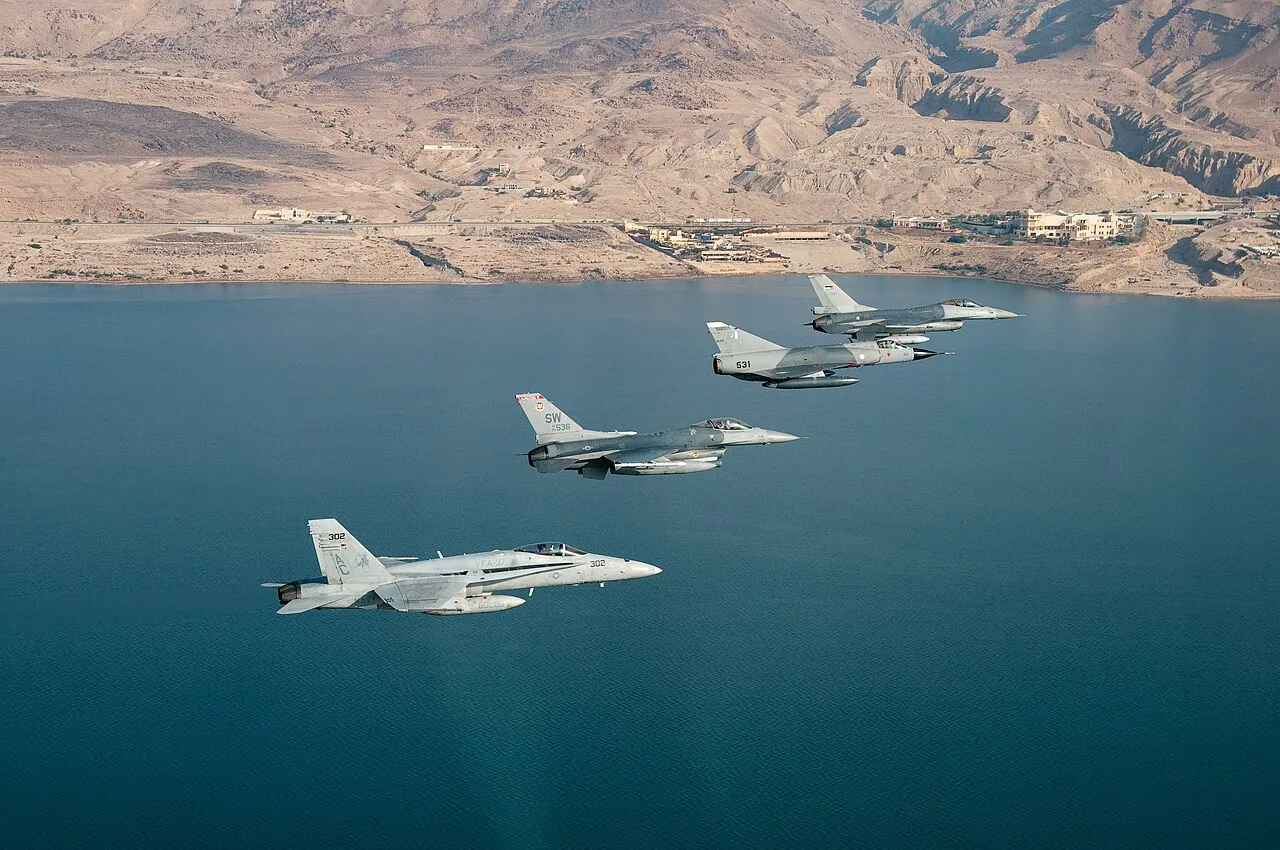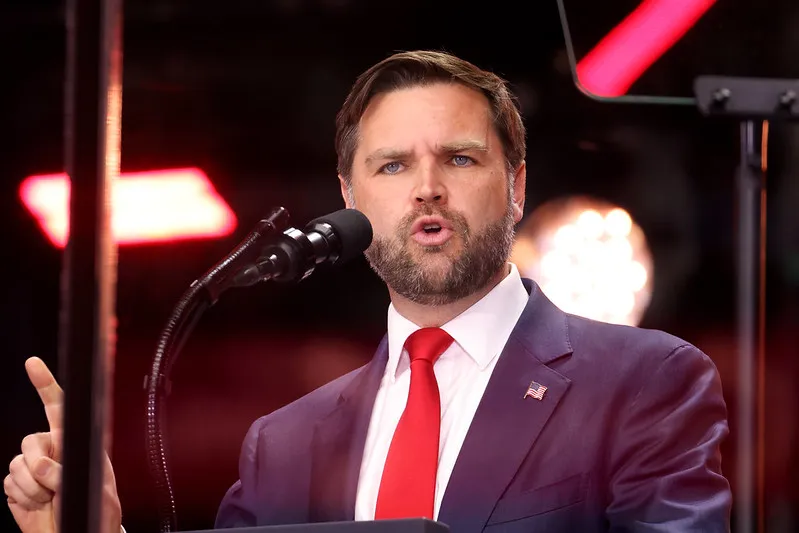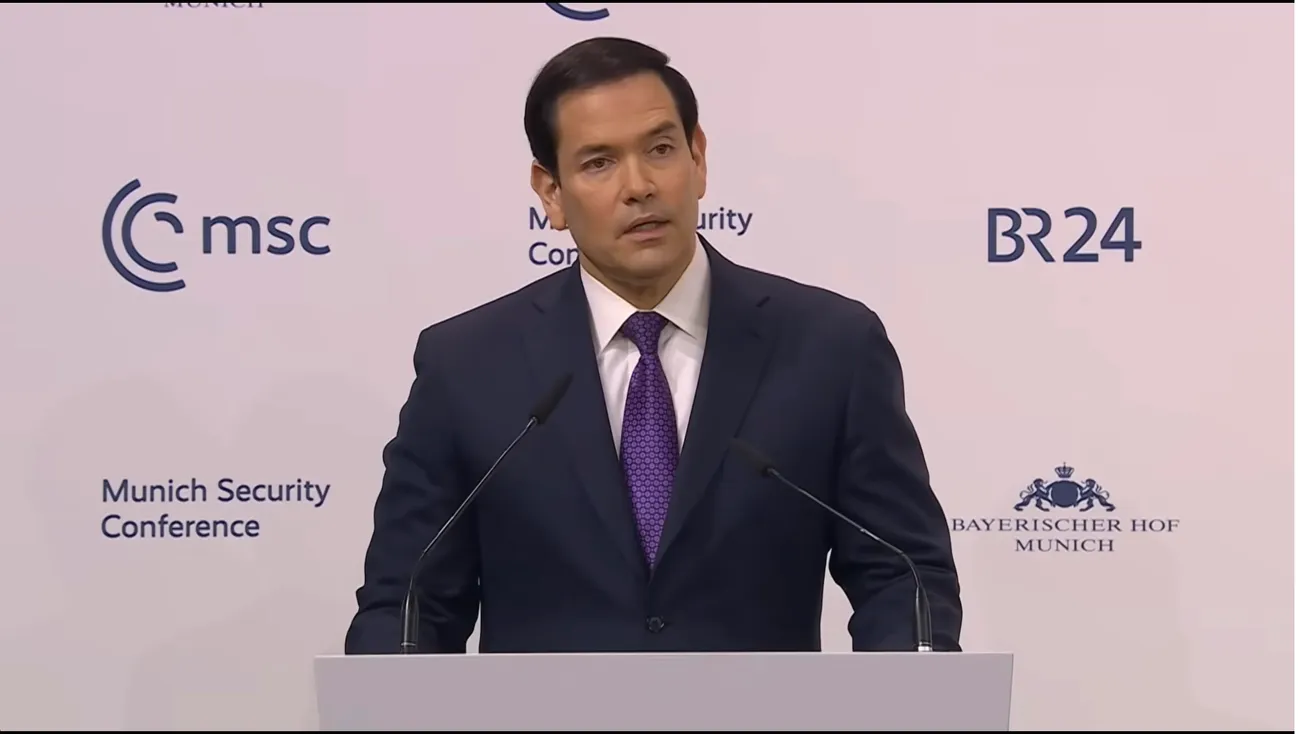Speaking to the TASS, Kremlin spokesman Dmitry Peskov said on Oct. 12, regarding the U.S.-Russia talks on arms control: “It is too early to say anything about some final agreements,” but that “contacts at the level of experts are continuing.” “Of course, it is in the interests of both countries and the whole world a consensus be achieved,” Peskov said. He stressed that “the stances [of both parties] are well known and so are the main stumbling blocks.” Some media have been saying that an agreement could be had within weeks.
Today, Marshall Billingslea, Special Presidential Envoy for Arms Control, gave a talk (online) at the Heritage Foundation, on China and nuclear arms. Billingslea’s topic was, “Behind the Great Wall of Secrecy: China’s Nuclear Buildup.” He said that the nuclear threat from China is the number-one long-term threat for the U.S. Characterizing China as a “hostile power” that wished to become the Middle Kingdom, with all the other regional countries as tributaries, he went into how China is conducting a major build-up of its nuclear arsenal and a major new underground facility in Lop Nor, the site of China’s previous nuclear testing. While China has reportedly 400 nuclear missiles, the U.S. and Russia have roughly 6,000 each. Billingsley was asked if China was working toward parity with them, he implied that they were not working toward quantitative parity but rather “qualitative parity,” whatever that might mean. But even a doubling of the Chinese arsenal would still put them far behind the other two major powers.
And for obvious reasons, China is not interested in entering into talks with the U.S. for the purpose of limiting their small arsenal, just to appease a potentially hostile power that is armed to the teeth. Billingslea claims that at a certain point China must enter into discussions about arms limitations in accordance with a clause of the Non-Proliferation Treaty, of which China is a signer, or else the U.S. could charge them with a violation of the treaty. Continuing with his rant, he characterized China as a war-mongering regime that wishes to become a “nuclear bully.”
But while Billingslea seems to be clear that China is not interested in being a part of the U.S.-Russia treaty negotiations, the U.S. has proposed that it would extend the New START Treaty for some time if Moscow was prepared to “freeze” its own weapons build-up. And while the U.S. is not prepared to renew the New START, it would agree to a new treaty between the U.S. and Russia, if it were “formatted” in such a way that it could be extended to China whenever they came into the treaty. What this would look like, however, is difficult to conceptualize. At any rate, Billingslea said that the U.S. would not withdraw from the New START Treaty until it runs out on Feb. 5, 2021.





